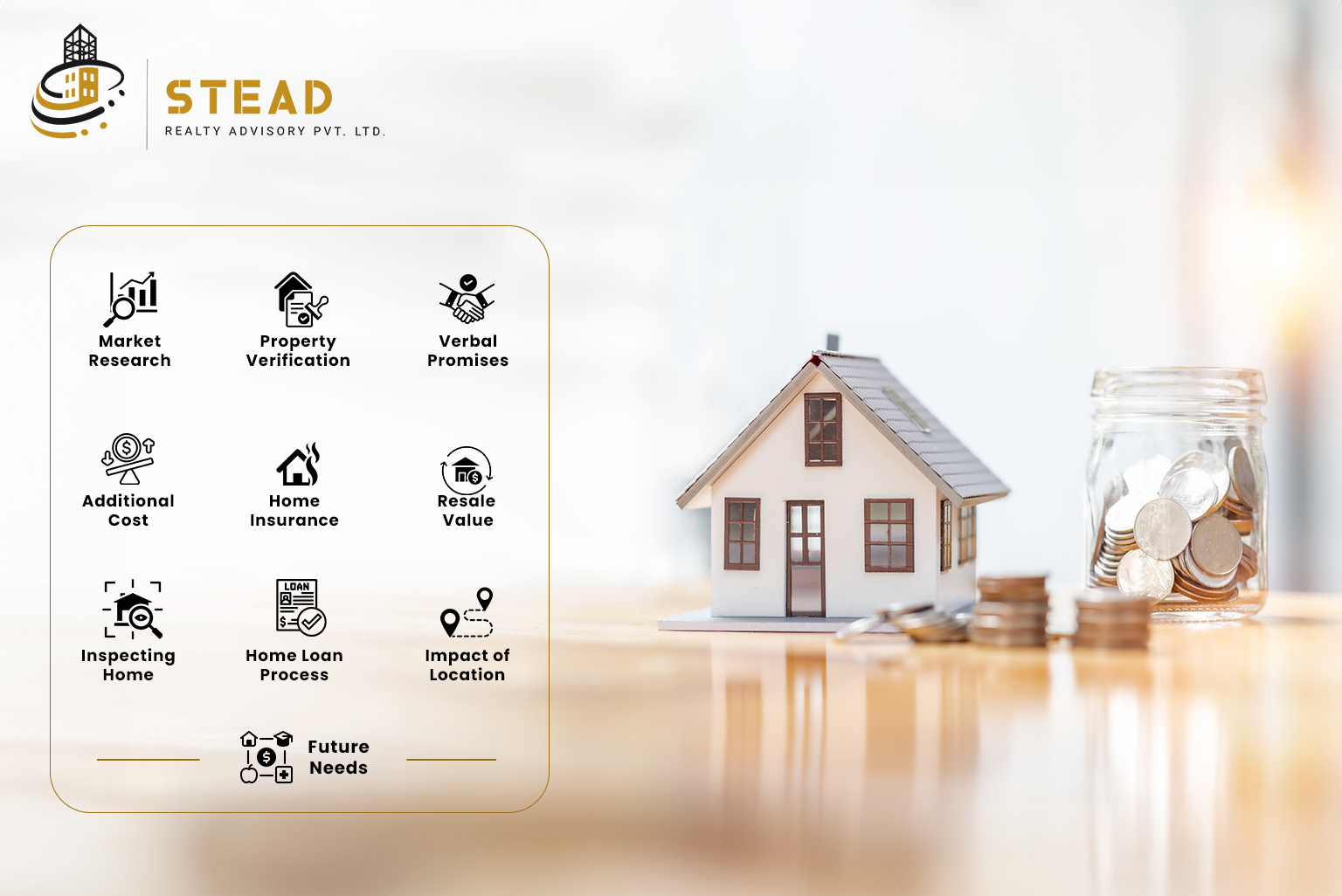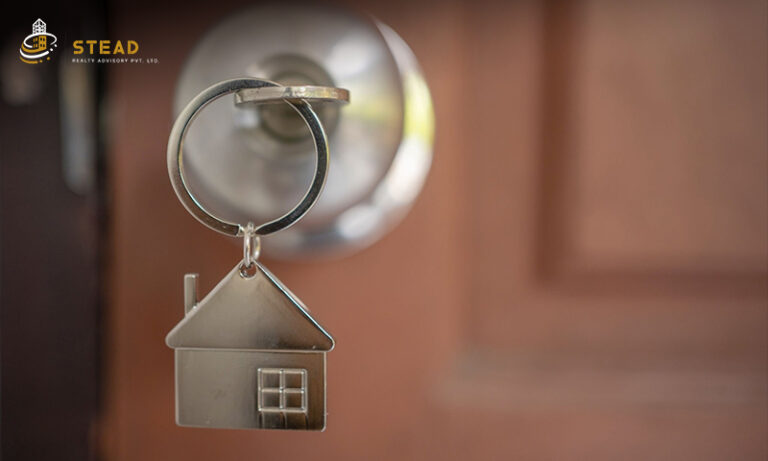10 Credit Mistakes to Avoid Before Buying a House
Buying a home is one of the most significant financial decisions you’ll ever make. But before you fall in love with your dream home, your credit report and score need to be in shape. Why? Lenders closely examine your credit profile when deciding whether to approve your mortgage and at what interest rate.
Unfortunately, many buyers unknowingly make credit mistakes that jeopardise their chances of getting a home loan or getting the best possible terms. To help you avoid these pitfalls, we’ve put together a list of the 10 most common credit mistakes to avoid before buying a house.
1. Applying for New Credit Cards or Loans
Every time you apply for credit, it results in a hard inquiry on your credit report. Too many enquiries in a short span can lower your credit score and make lenders view you as a higher risk.
Tip: Avoid applying for new credit whether it’s a car loan, personal loan, or store credit card, at least 6 months before applying for a mortgage.
2. Missing or Delaying Bill Payments
Payment history accounts for about 35% of your credit score. Just one late or missed payment on a credit card, loan, or utility bill can significantly damage your score and take months to recover.
Tip: Set up automatic payments or reminders to ensure you never miss a due date, especially in the months leading up to your home loan application.
3. Making Large Purchases on Credit
Buying furniture, a new car, or expensive electronics on credit before purchasing a home can increase your debt-to-income ratio a major factor lenders consider when approving home loans.
Tip: Keep your existing debt as low as possible. Avoid any big-ticket items on EMIs or financing deals until after your mortgage is approved and your home is purchased.
4. Closing Old Credit Accounts
You might think closing unused credit cards will help your credit score. In reality, it can hurt your score by lowering your available credit and increasing your credit utilisation ratio.
Tip: Keep your oldest and highest-limit cards open, even if you don’t use them often. A longer credit history and low utilization reflect positively on your profile.
5. Maxing Out Your Credit Cards
Using too much of your available credit can signal financial stress to lenders. Ideally, you should keep your credit utilisation ratio below 30%.
Tip: If your total credit limit is ₹1,00,000, try to keep your balance under ₹30,000 across all cards. Better yet, pay off your balances in full.
6. Ignoring Your Credit Report
Errors on credit reports are surprisingly common from incorrect account details to outdated payment records. These errors can drag down your credit score without your knowledge.
Tip: Check your credit report from CIBIL, Experian, or CRIF at least 6 months before applying for a home loan. Dispute and correct any inaccuracies immediately.
7. Co-Signing Loans for Others
Co-signing a loan makes you equally responsible for the debt. If the primary borrower defaults or delays payment, your credit score could take a hit.
Tip: Avoid co-signing any loans before buying a house. Lenders count that loan as part of your liabilities, even if you’re not making the payments.
8. Making Only Minimum Payments
While making minimum payments keeps your account in good standing, it doesn’t reduce your overall debt quickly. This can negatively affect your credit profile and debt-to-income ratio.
Tip: Pay more than the minimum due ideally the full amount to show lenders that you’re financially responsible and capable of managing larger debts like a mortgage.
9. Changing Jobs Right Before Applying
While this isn’t a direct credit issue, employment stability is part of your overall financial profile. Lenders want to see at least 2 years of steady employment with consistent income.
Tip: If you’re considering changing jobs, it’s best to wait until your home loan is approved and the deal is closed unless the new job offers significantly higher income and in the same industry.
10. Ignoring Pre-Approval Requirements
Many buyers get excited and start house hunting without checking how much loan they can qualify for. Skipping the pre-approval process can lead to heartbreak and wasted time if you’re looking beyond your budget.
Tip: Get pre-approved for a mortgage before house hunting. This not only strengthens your offer but also helps you stay within your financial boundaries.
Why Your Credit Profile Matters So Much
When you apply for a home loan, lenders use your credit score and credit report to evaluate:
- Your repayment history
- Your total outstanding debt
- Your credit utilisation
- Length and diversity of credit history
- New credit inquiries
Even a small difference in credit score can impact your mortgage interest rate. For example, a borrower with a score of 750 might get a loan at 8.25%, while someone with 650 could be offered 9.5%, which adds up to lakhs of rupees over the loan term.
Final Thoughts
Buying a home is a dream for many, but that dream can quickly become stressful if your credit isn’t in order. By avoiding these 10 credit mistakes before buying a house, you give yourself the best chance of securing a home loan with favourable terms.
Start reviewing your credit at least 6–12 months before you plan to buy. Be proactive, stay informed, and build a clean financial track record that banks can trust.







